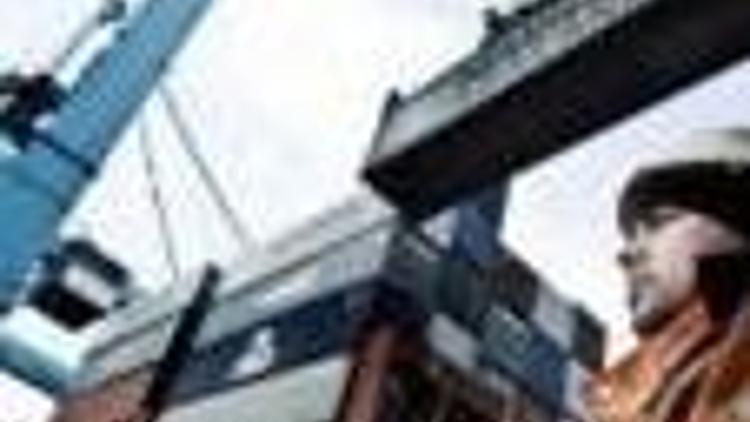Cold shower for two Turkish firms from U.S.
Güncelleme Tarihi:

Hürriyet Daily News
Oluşturulma Tarihi: Ocak 14, 2009 00:00
ISTANBUL - News of sanctions by the United States on two Turkish companies came as a surprise for one of the companies the Hürriyet Daily News & Economic Review contacted, while the other firm failed to return calls.
The U.S state department imposed sanctions on grounds that the two companies were involved in the "A.Q. Khan nuclear proliferation network."
"This is the first time I have heard about these sanctions. I have no idea what is going on," Kürşad Cire, chief executive of Eti Elektroteknik, a company that manufactures transformers and related products, told the Daily News. The company has been sanctioned under the provisions of three U.S. statutes, meaning that from now on, the U.S. government will not procure any items from the company and export-import credits will also not be extended to the company. Cire’s name has personally been included in lists maintained under the provisions of four statutes, including Executive Order 13382, which means his assets in the United States will be frozen. "We do not have any such assets," Cire said. "Eti Elektroteknik is a well-established company, but we do not do business with the United States. Knowing my name is on such a list is not pleasant at all. Are they trying to intimidate us?"
Cire became the chief executive of Eti in 2004, after his father died. "Because of an ongoing trial involving the company, I prefer not to make a detailed statement at the moment," he said.
The Daily News could not contact EKA, the other Turkish company included on the list, as the phone number on the company’s Web site was out of service. EKA designs and produces automation control devices, according to the information on the Web site. It is among those sanctioned by the Nuclear Proliferation Prevention Act, the Export-Import Bank Act and Executive Order 12938. According to U.S. Embassy Spokesperson Kathryn Schalow, the Turkish government has been informed about the sanction decision. Asked what the companies could do if they felt there had been a mistake, Schalow said each law had a different procedure and companies would need to refer to the particular laws to determine how to proceed.
According to the U.S. State Department, Pakistani scientist A.Q. Khan led an extensive international network for the proliferation of nuclear equipment and know-how that provided "one stop shopping" for countries seeking to develop nuclear weapons. Khan is accused of selling, or giving information or equipment related to nuclear weapons to countries such as North Korea and Iran.
"This is the first time I have heard about these sanctions. I have no idea what is going on," Kürşad Cire, chief executive of Eti Elektroteknik, a company that manufactures transformers and related products, told the Daily News. The company has been sanctioned under the provisions of three U.S. statutes, meaning that from now on, the U.S. government will not procure any items from the company and export-import credits will also not be extended to the company. Cire’s name has personally been included in lists maintained under the provisions of four statutes, including Executive Order 13382, which means his assets in the United States will be frozen. "We do not have any such assets," Cire said. "Eti Elektroteknik is a well-established company, but we do not do business with the United States. Knowing my name is on such a list is not pleasant at all. Are they trying to intimidate us?"
Cire became the chief executive of Eti in 2004, after his father died. "Because of an ongoing trial involving the company, I prefer not to make a detailed statement at the moment," he said.
The Daily News could not contact EKA, the other Turkish company included on the list, as the phone number on the company’s Web site was out of service. EKA designs and produces automation control devices, according to the information on the Web site. It is among those sanctioned by the Nuclear Proliferation Prevention Act, the Export-Import Bank Act and Executive Order 12938. According to U.S. Embassy Spokesperson Kathryn Schalow, the Turkish government has been informed about the sanction decision. Asked what the companies could do if they felt there had been a mistake, Schalow said each law had a different procedure and companies would need to refer to the particular laws to determine how to proceed.
According to the U.S. State Department, Pakistani scientist A.Q. Khan led an extensive international network for the proliferation of nuclear equipment and know-how that provided "one stop shopping" for countries seeking to develop nuclear weapons. Khan is accused of selling, or giving information or equipment related to nuclear weapons to countries such as North Korea and Iran.

